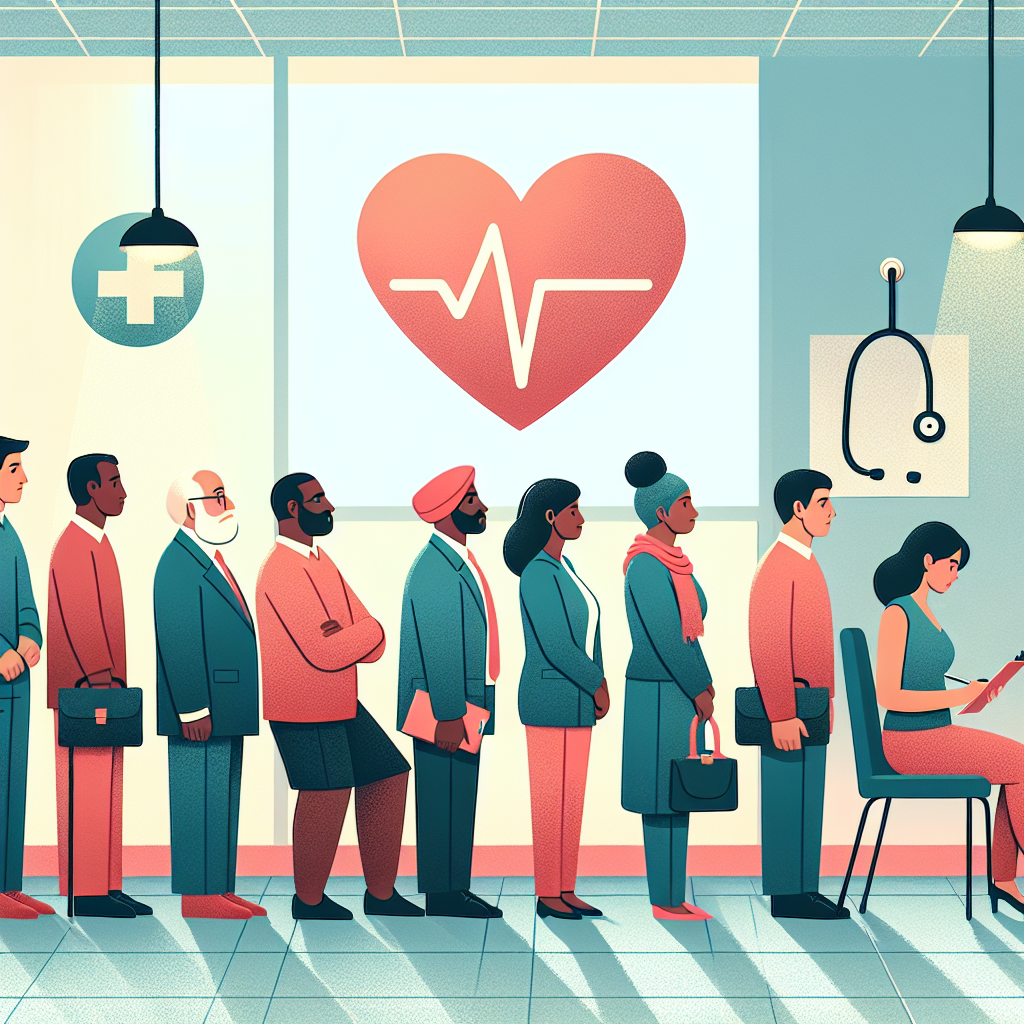The Importance of Regular Health Screenings
In an era where the pace of life is ever-accelerating, health often takes a backseat until it forces itself to the forefront. Regular health screenings, however, stand as pivotal checkpoints in the journey of well-being, allowing individuals to take preemptive measures against potential health issues. These screenings are not just about preventing diseases but also about fostering an environment of awareness and empowerment regarding one’s health status. Understanding the significance of these health evaluations can catalyze a more proactive attitude towards personal health management.
Early Detection Saves Lives
The core value of regular health screenings lies in their ability to detect potential health issues before they evolve into more severe conditions. Diseases like cancer, diabetes, and heart disease can often be treated more effectively when caught early. For instance, conditions such as colorectal and breast cancers have significantly higher survival rates when detected in their initial stages, thanks to screenings like mammograms and colonoscopies.
Tailored to Your Personal Health Journey
Health screenings are not a one-size-fits-all affair. They are tailored based on an individual’s age, sex, family history, and lifestyle choices, making them a personalized tool in the arsenal of preventive healthcare. For example, women over the age of 50 are encouraged to undergo mammograms every two years, while individuals with a family history of heart disease might start cholesterol screenings earlier than the general population.
A Gateway to Better Health Choices
Regular screenings provide insights that could prompt individuals to adopt healthier lifestyles. Discovering that you have prediabetes or high cholesterol can be the catalyst needed to engage in more physical activity, adopt a healthier diet, or quit smoking. These lifestyle modifications can significantly decrease the likelihood of developing more severe health issues down the line.
Reducing Healthcare Costs
Investing in preventive healthcare through regular screenings can lead to considerable savings on healthcare costs. Early detection and treatment of diseases can prevent the need for more complex and expensive treatments in the future. Furthermore, by maintaining a healthier lifestyle encouraged by screening insights, individuals can avoid the financial strain that comes with chronic diseases.
Enhancing Quality of Life
Beyond the physical health benefits, regular health screenings contribute to a better quality of life. Knowing that you are taking proactive steps to manage your health can lead to increased peace of mind and mental well-being. Additionally, early detection of diseases can result in less invasive treatments and shorter recovery times, minimizing disruption to daily life.
Empowering Through Awareness
Knowledge is power, and health screenings equip individuals with the knowledge they need to make informed decisions about their health. Understanding one’s risk factors and current health status can be empowering, leading to more engaged and informed discussions with healthcare providers.
Navigating Challenges
Despite the clear benefits, there are challenges to widespread adoption of regular health screenings. These include accessibility issues, cost concerns, and a lack of awareness about which screenings are necessary and when to get them. Addressing these challenges through education, policy changes, and healthcare reforms is essential to make screenings more accessible and affordable for everyone.
FAQs
Q: How often should I get screened?
A: The frequency of health screenings varies based on age, sex, family history, and risk factors. It’s best to consult with your healthcare provider to create a screening schedule that’s tailored to your health profile.
Q: Are there risks associated with health screenings?
A: While most screenings are low-risk, some can have potential side effects or lead to false positives/negatives. Discussing the benefits and risks with your healthcare provider can help you make an informed decision.
Q: Can health screenings replace regular check-ups?
A: No, screenings are part of a broader approach to preventive healthcare, which includes regular check-ups. These check-ups allow for comprehensive discussions about your health that screenings alone cannot provide.
Q: What are the most important health screenings?
A: Important screenings include those for blood pressure, cholesterol levels, diabetes, certain cancers (such as breast, cervical, and colorectal), osteoporosis, and sexually transmitted infections. The importance of each screening varies based on individual risk factors.
Q: How can I access health screenings?
A: Health screenings are available through healthcare providers, hospitals, and sometimes through community health programs or events. Insurance plans often cover the cost of preventive screenings, so check with your insurance company for more information.
In conclusion, regular health screenings are a cornerstone of preventive healthcare, providing a multitude of benefits from early disease detection to enhanced quality of life. Their role in empowering individuals to take control of their health journey is undeniable. By incorporating these screenings into routine healthcare practices, society can move towards a more proactive, preventive stance on health, reducing the burden of chronic diseases and improving overall public health outcomes. It’s time to prioritize our health screenings with the same diligence we apply to other critical aspects of our lives, recognizing that in the realm of health, prevention is indeed better than cure.

